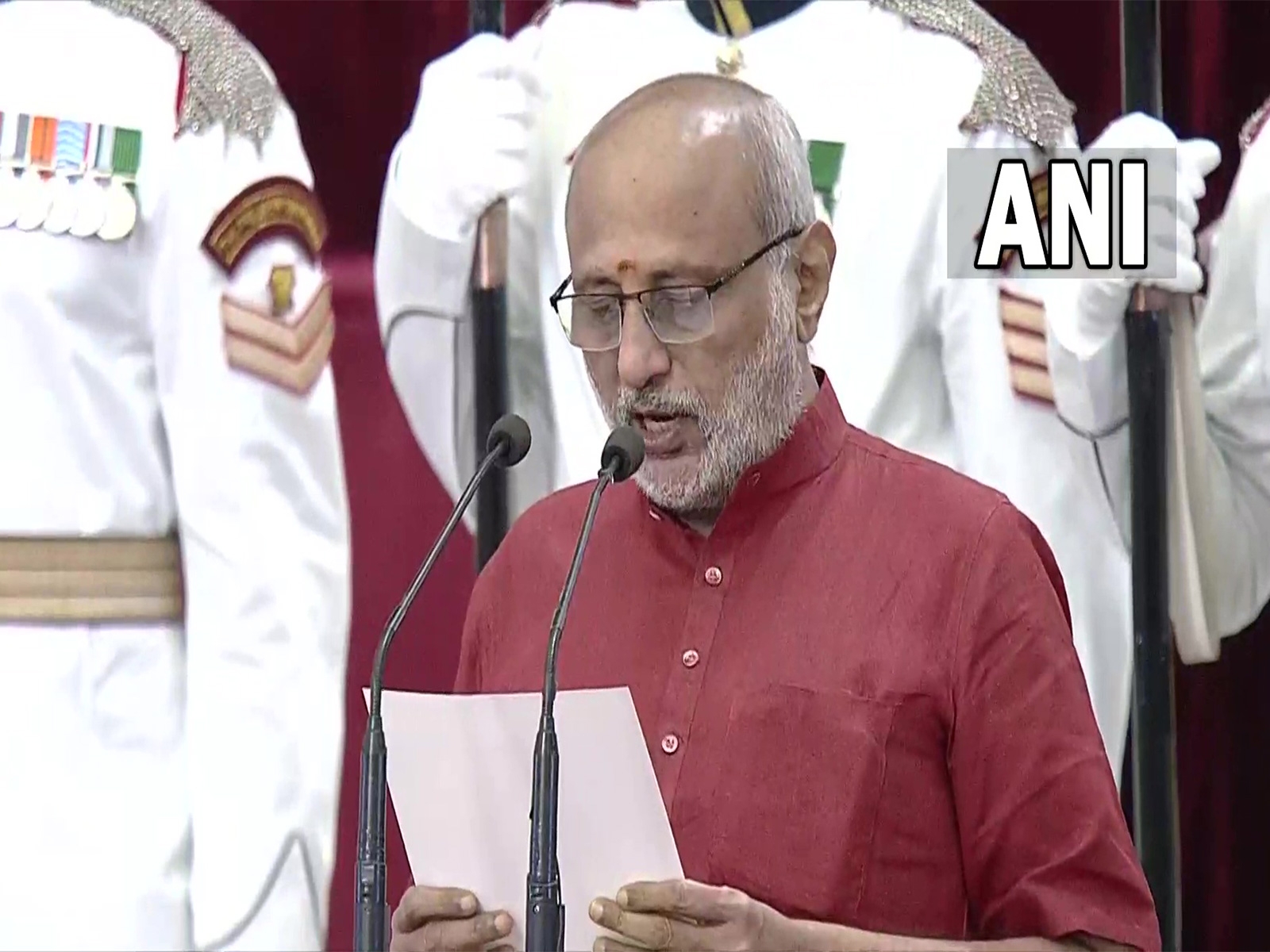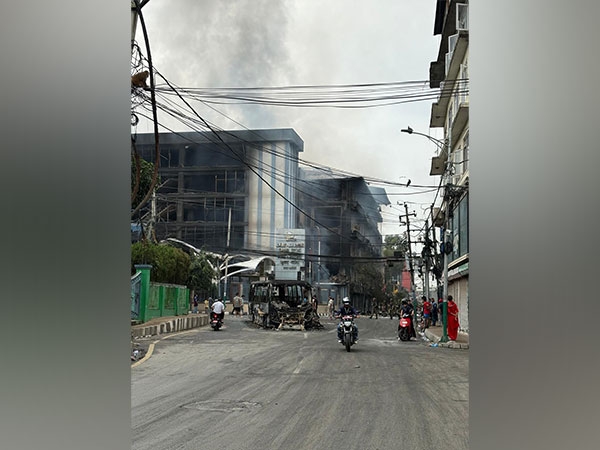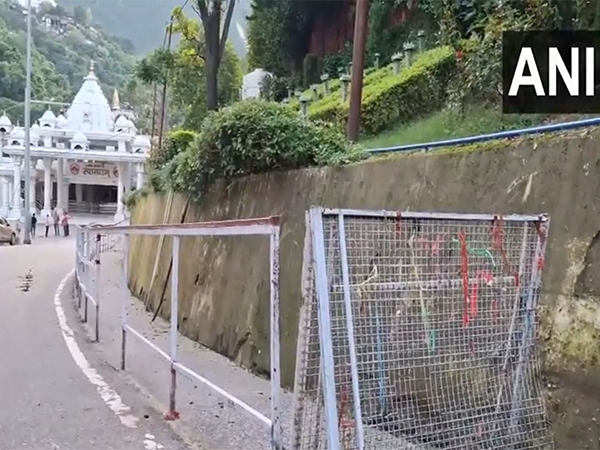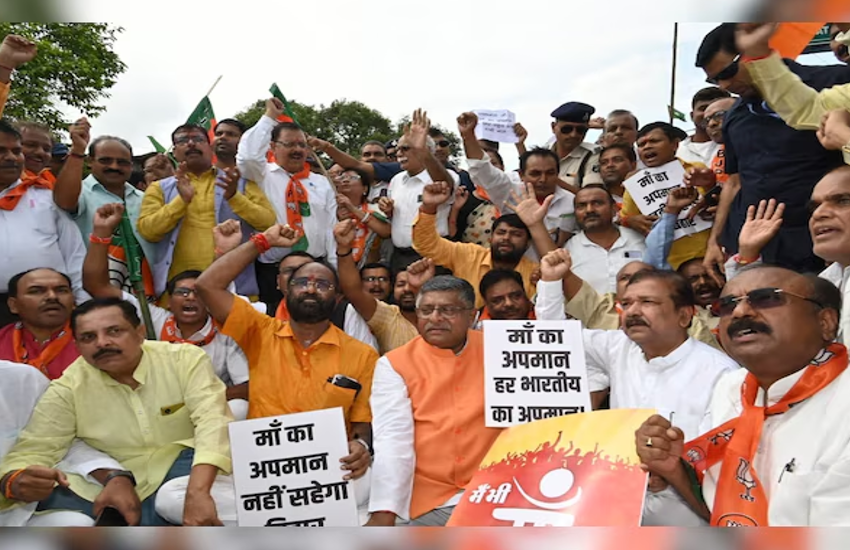Saudi vows quick recovery despite damage to oil plants

Saudi Arabia vowed on Friday to quickly restore oil production as it revealed extensive damage to key oil plants following weekend aerial strikes, which the US has blamed on Iran.
The attacks, which hit state-controlled oil giant Saudi Aramco's facilities in the country's east at Khurais and the world's largest oil processing facility at Abqaiq, were claimed by Yemen's Huthi rebels.
But Washington has pointed the finger at Tehran, condemning an "act of war" which knocked out half of Saudi's oil production and on Friday prompted President Donald Trump to sketch out the latest in a series of economic sanctions against Iran.
Abqaiq was struck 18 times while Khurais, 200 kilometres southwest, was hit four times in a raid sparking fires that took five hours to extinguish, Aramco officials said.
"Many critical areas of the (Abqaiq) plant were hit," an Aramco official said, declining to be named.
A stabilisation column, normally silver, had been charred black with a gaping hole blown in the shaft's base. A separator plant was also badly damaged in the raids and was surrounded by scaffolding.
"There are 112 shift workers here in normal times. Now 6,000 workers are involved in restoration work," said Aramco official Khaled al-Ghamdi, pointing at damaged infrastructure.
The site visits to both Khurais and Abqaiq gave rare access to the nerve centre of the world's largest oil producer, with Aramco flying in journalists to show the extent of damage and the ongoing clean-up.
"We will have production at the same level as before the strike by the end of this month -- we are coming back stronger," asserted Fahad al-Abdulkareem, an Aramco general manager, during the visit to Khurais.
Badly warped thick metal piping -- peppered with shrapnel during the aerial strikes -- lay strewn around the area of the Khurais attack. But Abdulkareem said that 30 per cent of the Khurais plant was operational within 24 hours of the initial strikes.
Industry analyst Alex Schindelar, president of the Energy Intelligence group, said that "restoring sustainable production capacity to 11 million barrels per day by the end of the month is an ambitious target, given the amount of repairs required".
Tehran has denied responsibility for the attacks against the heart of Saudi's all-important oil industry, raising the spectre of "all-out war" in the event of retaliatory measures by Washington or Riyadh.
The rhetoric has raised the risk of an unpredictable escalation in a tinderbox region where Saudi Arabia and Iran are locked in a decades-old struggle for dominance.
US Secretary of State Mike Pompeo said on Thursday there was "enormous consensus in the region" that Iran executed the attacks, despite its denials and the Yemeni rebels' claims they were responsible.
The Huthi rebels are backed by Iran in Yemen's conflict, while a Saudi-led coalition supports the internationally recognised government.
Trump earlier this week vowed substantial new sanctions against Iran in response to the attacks and told reporters on Friday they would target the country's central bank.
The US Treasury Department said these latest sanctions were linked to "terrorism", alleging Iran's central bank had provided "billions of dollars" to two forces blacklisted by Washington.
"Treasury's action targets a crucial funding mechanism that the Iranian regime uses to support its terrorist network, including the Qods Force, Hezbollah and other militants that spread terror and destabilize the region," said Treasury Secretary Steven Mnuchin in a statement.
The Qods Force conducts international operations for Iran's elite Revolutionary Guards, while Hezbollah is a powerful Shiite movement in Lebanon.
Saudi officials this week unveiled what they said were fragments of 25 drones and cruise missiles fired at the two oil hubs.
"The attack was launched from the north and unquestionably sponsored by Iran," said defence ministry spokesman Turki al-Maliki who declined to confirm whether Riyadh believes Iran directly carried out the operation.
Yemen's Huthi rebels have previously hit dozens of targets in Saudi Arabia, and their advancing arsenal has exposed the kingdom's vulnerability despite vast military spending.
US, French and Saudi officials have disputed the Huthi claims, insisting they do not have the capability to mount such an advanced, coordinated strike.
Chinese President Xi Jinping condemned the attacks but called for restraint during a call with Saudi's King Salman on Friday.
Alluding to the vulnerability of "glass" towers, Huthi rebels this week also appeared to threaten drone strikes on skyscrapers in the cities of the United Arab Emirates, a key member of the Saudi-led coalition fighting the Yemeni insurgents.
-PTI
Also Read: Pakistan PM Imran Khan likely to meet Donald Trump on September 23





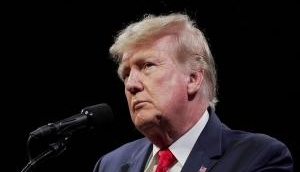
![BJP's Kapil Mishra recreates Shankar Mahadevan’s ‘Breathless’ song to highlight Delhi pollution [WATCH] BJP's Kapil Mishra recreates Shankar Mahadevan’s ‘Breathless’ song to highlight Delhi pollution [WATCH]](https://images.catchnews.com/upload/2022/11/03/kapil-mishra_240884_300x172.png)

![Anupam Kher shares pictures of his toned body on 67th birthday [MUST SEE] Anupam Kher shares pictures of his toned body on 67th birthday [MUST SEE]](https://images.catchnews.com/upload/2022/03/07/Anupam_kher_231145_300x172.jpg)


